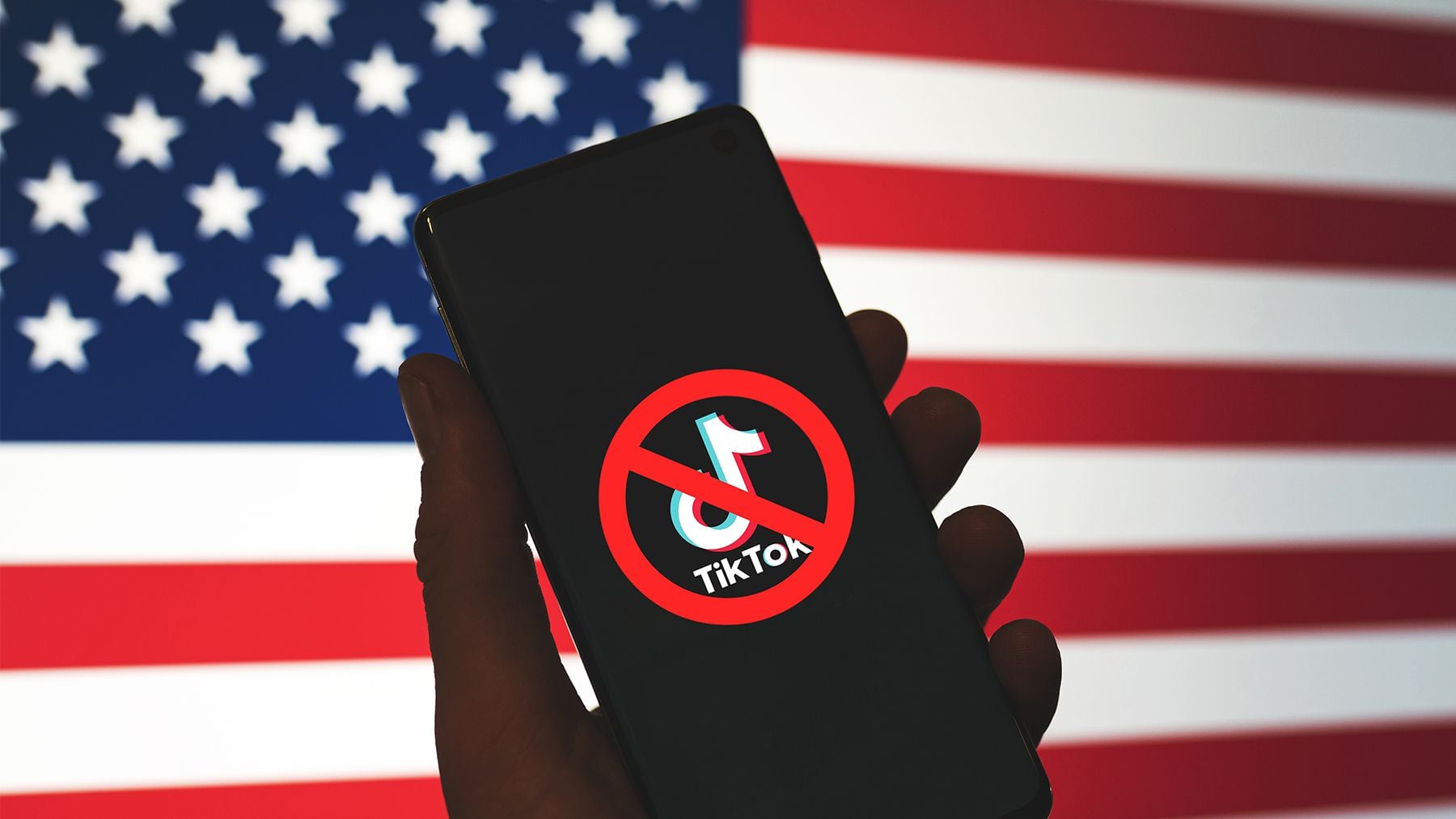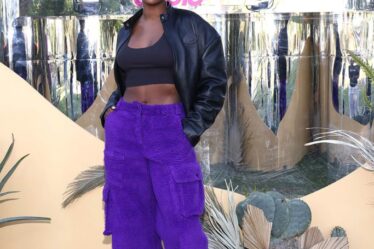
TikTok’s future in the US just became a lot less certain.
On Wednesday, the US House of Representatives passed a bill with overwhelming bipartisan support that could ultimately lead to a forced sale of the mega-popular app — or a total ban in the US.
Though TikTok may be best known for seemingly non-threatening videos of teens dancing or influencers promoting products, lawmakers have raised concerns that the app, owned by Beijing-based company ByteDance, could be used by the Chinese government to collect personal data on or influence its 170 million American users.
If ultimately signed into law, the legislation — called the Protecting Americans from Foreign Adversary Controlled Applications Act — would give ByteDance 180 days to sell TikTok or see it barred from app stores and web-hosting services in the US, upending the social media landscape in the country.
But there are still several hurdles to clear before that happens. The road ahead, and how fashion brands should respond, is far from certain.
What comes next?
The bill must next pass in the US Senate, where it has a far less certain path to victory than it did in the House, which approved it 352-65.
There is still no companion bill in the Senate as lawmakers weigh how to proceed. Last year, a proposed ban of TikTok by Missouri Senator Josh Hawley, a Republican, was blocked on the Senate floor as senators tried to work out the best course of action. Some have already said they would oppose the new bill. Senator Rand Paul, a Republican from Kentucky, has vowed to block the measure, arguing it violates Americans’ right to free speech under the First Amendment. He also made clear last year that he wouldn’t support a ban on TikTok as it would alienate young voters.
But if the bill does make it through the Senate, President Joe Biden, whose campaign recently joined the app, has already said he would sign it.
What would happen then?
In that scenario, ByteDance would have to find a buyer or the app would be shut down in the US.
A sale, however, wouldn’t be a simple process, as the Associated Press explained.
Finding the right buyer is the first hurdle. They would have to be able to afford the acquisition, and while a number of big tech companies might fit that description, they would probably face serious antitrust scrutiny. In 2020, Microsoft was among the companies in talks to buy the app, though TikTok eventually chose its rival Oracle. The deal never went through, but today the price would likely be much higher. Of course, the closer TikTok comes to being shut down the cheaper it would probably become, opening the pool of buyers.
The buyer would need to satisfy the US government, which is to say it wouldn’t be deemed to be controlled by a foreign adversary, but also Beijing, which has previously said it would oppose a sale.
In any case, the law itself could be challenged. A federal judge blocked a Montana law seeking to ban TikTok shortly before it was set to take effect on Jan. 1 of this year on grounds that it likely violated the First Amendment. Federal courts stopped President Donald Trump’s efforts to ban TikTok via executive order in 2020, saying the government had overstepped its authority. The matter fell to the wayside after Biden took office.
Lawmakers have tried to circumvent the issue of whether the new legislation would stifle free speech by emphasising that the focus is on TikTok’s ownership. But US civil-liberties groups and others aren’t buying it, raising the question of whether a judge would feel the same.
“Make no mistake: the House’s TikTok bill is a ban, and it’s blatant censorship,” Jenna Leventoff, senior policy counsel at the American Civil Liberties Union, said in a statement. “Today, the House of Representatives voted to violate the First Amendment rights of more than half of the country. The Senate must reject this unconstitutional and reckless bill.”
What are brands doing?
TikTok has grown into a major marketing channel for fashion businesses over the past few years, making a potential ban of the app a high-stakes affair. For now, though, there’s little brands can do but keep an eye on the legislation’s progress.
Every brand is “aware and also feels as though there’s not much they can do to influence the outcome,” said Vic Drabicky, founder and chief executive of January Digital, a consultancy and marketing agency that counts brands like Tory Burch, Fenty Beauty, ALC and Victoria’s Secret among its clients. “They’re just waiting and seeing.”
If a ban does ultimately come into force, there aren’t that many other channels for brands to redirect the marketing dollars they had earmarked for the app. Drabicky noted that Instagram and YouTube would likely be big winners, in part because video assets conceived for TikTok could be easily turned around for use in those channels. Other big platforms like Pinterest and Snap where brands have work streams established could also benefit.
Still, it’ll be some time before brands have to make those decisions. If TikTok is banned in the US, Bytedance will still have six months to sell it before it’s removed from app stores. Everyone will be watching as they work out how seriously they need to start taking their contingency plans.
If there is eventually a ban, it would likely spur a huge public backlash. TikTok users and creators alike have come out against a ban — some spurred on by TikTok, which delivered users a pop-up message last week urging people to call their representatives. It’s a risk for the bill’s supporters in Washington, especially in an election year.



